TEMPO.CO, Jakarta - Several mining associations are requesting the Indonesian government to cancel the plan to implement a 50 percent blended biodiesel (B50) in 2026. They believe that the policy has the potential to increase production costs amidst falling commodity prices and rising operational costs.
The Executive Director of the Indonesia Mining Association (IMA), Hendra Sinadia, stated that the mining industry has followed all stages of the biodiesel usage obligation, from the B10 program to B20, B30, and B35. However, the implementation of B40 since January 2025 has posed new challenges for the business world.
"Initially, there were concerns regarding its impact on engines and heavy equipment, as there are no heavy equipment manufacturers in the world that provide guarantees for the use of biodiesel above B10," said Hendra when contacted on Monday, October 27, 2025.
Furthermore, he mentioned that the removal of subsidies for non-Public Service Obligation (PSO) biodiesel use since the implementation of B40 has added to the cost burden for mining companies. If the government continues to the B50 biodiesel stage, the burden will be even heavier.
"Commodity prices, except for gold, have been tending to decrease since 2024. Meanwhile, operational costs continue to rise due to the increase in royalty rates and other tax obligations," he said.
Similar sentiments were expressed by Gita Mahyarani, the Executive Director of the Indonesian Coal Mining Association (APBI). She believes that the biodiesel policy needs to be reviewed as it directly impacts the efficiency of the mining industry.
"For B40 alone, production costs have increased significantly. The removal of subsidies since B40 has required the companies to bear all additional costs. Especially if B50 is implemented," said Gita.
She added that not all heavy equipment in the mining sector is compatible with high biodiesel fuels. The use of B40, she continued, often presents technical challenges such as more frequent filter replacements and machine system adjustments.
Previously, the Minister of Energy and Mineral Resources (ESDM), Bahlil Lahadalia, stated that the government is still formulating the pricing formula for B50 biodiesel, which is planned to be implemented in the second semester of 2026. This program aims to strengthen national energy resilience and reduce dependence on imported diesel.
"I know the challenges are significant, especially for contractors and mining entrepreneurs. But the price should not increase too much. Currently, we are seeking opportunities for it to be balanced," said Bahlil during the commemoration of Mining and Energy Day in Jakarta, Friday, October 24, 2025.
According to Bahlil, a trial of blending 50 percent biodiesel with diesel has been conducted on trains, heavy equipment, ships, and cars. If the results are satisfactory, the official launch will take place in 2026. He emphasized that this policy has received the approval of President Prabowo Subianto. "If CPO can be utilized domestically, the selling price for farmers will increase," he said.
Sartika Nur Shalati, a policy analyst from the Bright institution, believes that the B50 biodiesel program could increase the size of oil palm plantations by up to three times the current 16 million hectares. "Energy self-sufficiency is important, but if it sacrifices forests and slows down the energy transition, it is a wrong step," she said.
Meanwhile, Professor at IPB University, Bayu Krisnamurthi, cautioned the government to be careful before implementing B50. He claims that increasing the blending ratio from B40 to B50 could lead to higher subsidies, suppress CPO exports, and cause cooking oil prices to rise. "If not careful, the competitiveness of the palm oil industry could decline," said Bayu.
According to simulations, the B50 program could save up to Rp172 trillion in foreign exchange from diesel imports. However, the potential loss of foreign exchange due to decreased CPO exports could reach Rp190 trillion. "There needs to be a balance between energy targets, exports, and farmer welfare. Indonesian palm oil is incredibly strong, but we should not be the ones causing it to lose," said Bayu.
Adil Al Hasan contributed to the writing of this article
Editor's Choice: Indonesia to Cultivate 1 Million Hectares of Cassava for E10 Fuel Project
Click here to get the latest news updates from Tempo on Google News

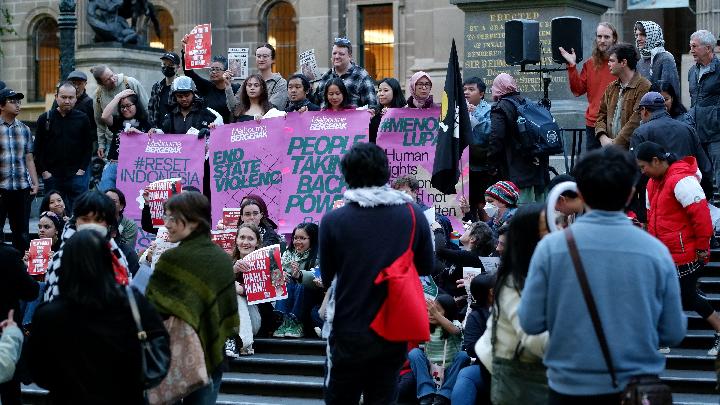







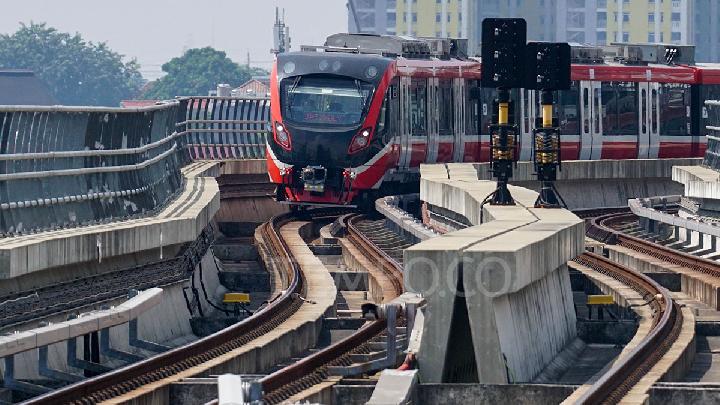

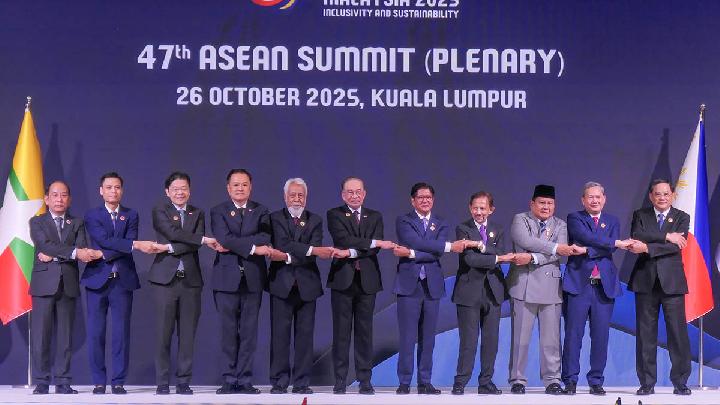



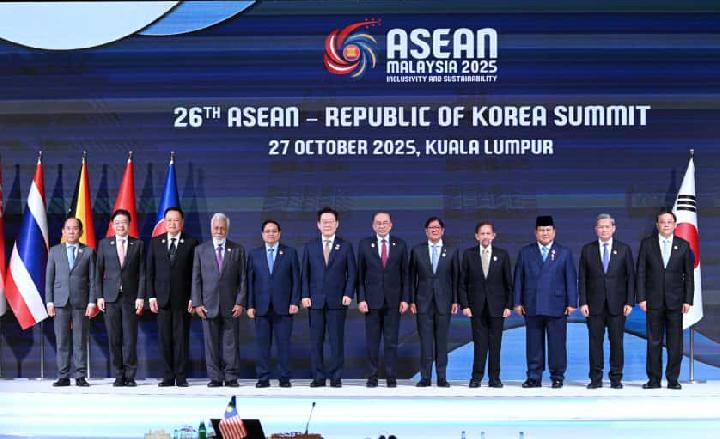

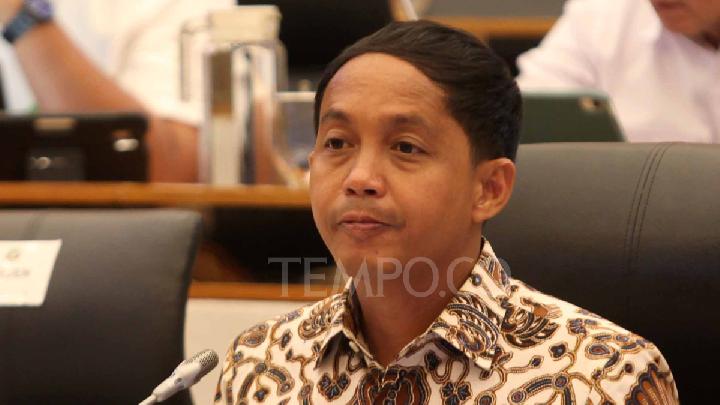

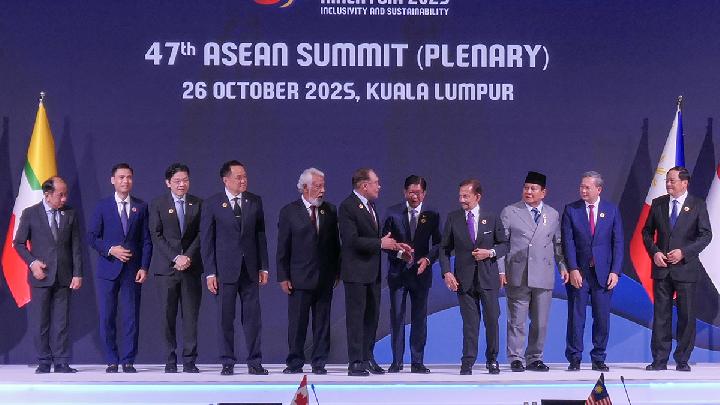












:strip_icc():format(jpeg)/kly-media-production/medias/4959986/original/038884300_1728016058-xavier-mouton-photographie-ry_sD0P1ZL0-unsplash.jpg)

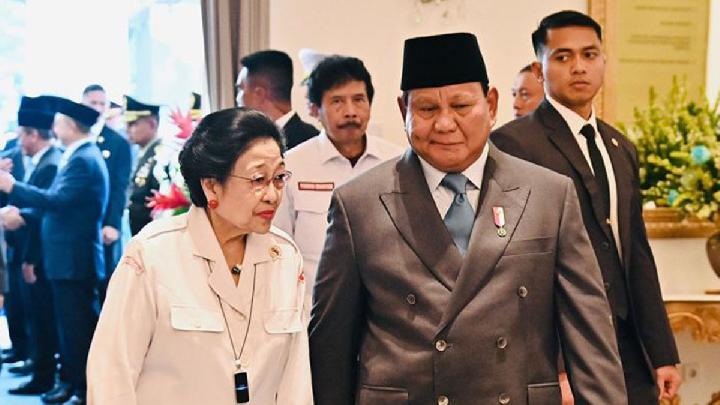


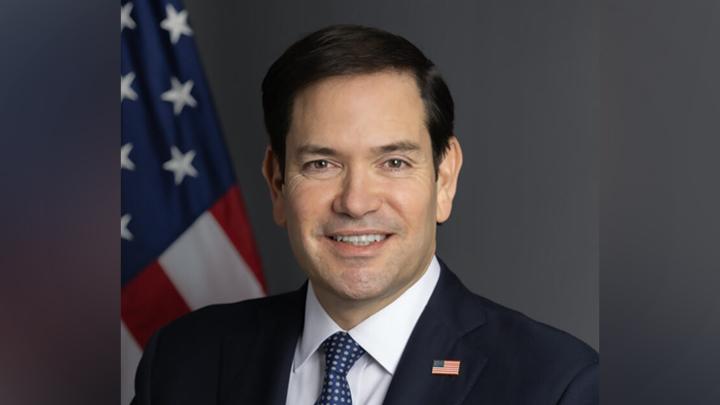

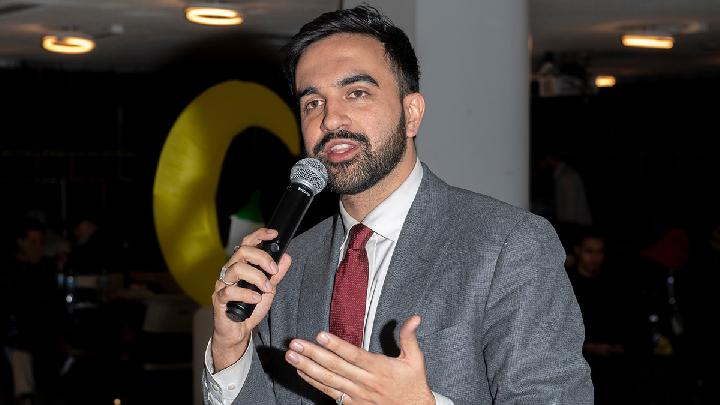



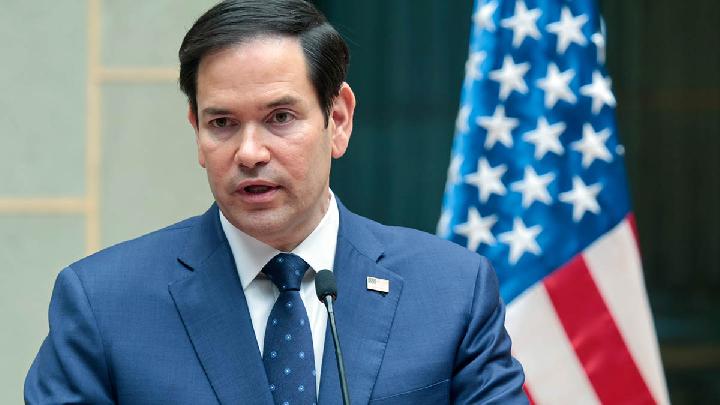
:strip_icc():format(jpeg)/kly-media-production/medias/5096393/original/071176000_1737004609-Screenshot_2025-01-16_120239.jpg)
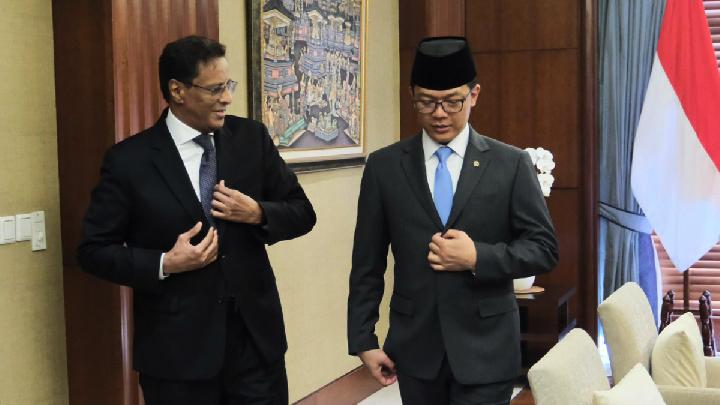


:strip_icc():format(jpeg)/kly-media-production/medias/3395224/original/007940700_1615106339-WhatsApp_Image_2021-03-07_at_8.41.57_AM.jpeg)

